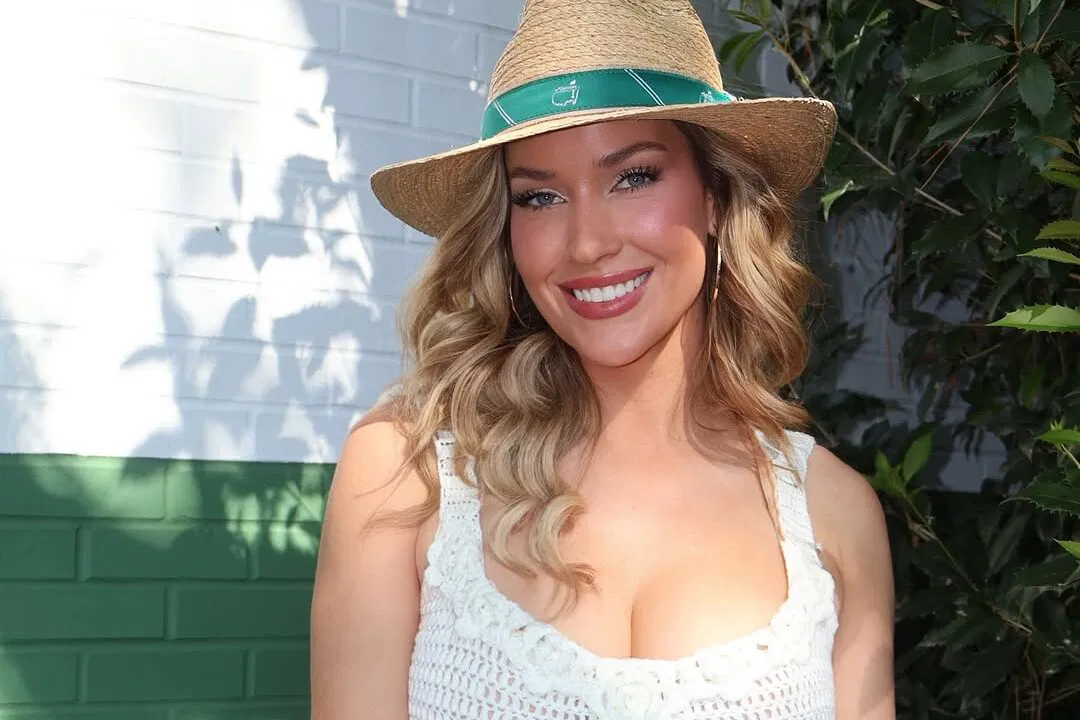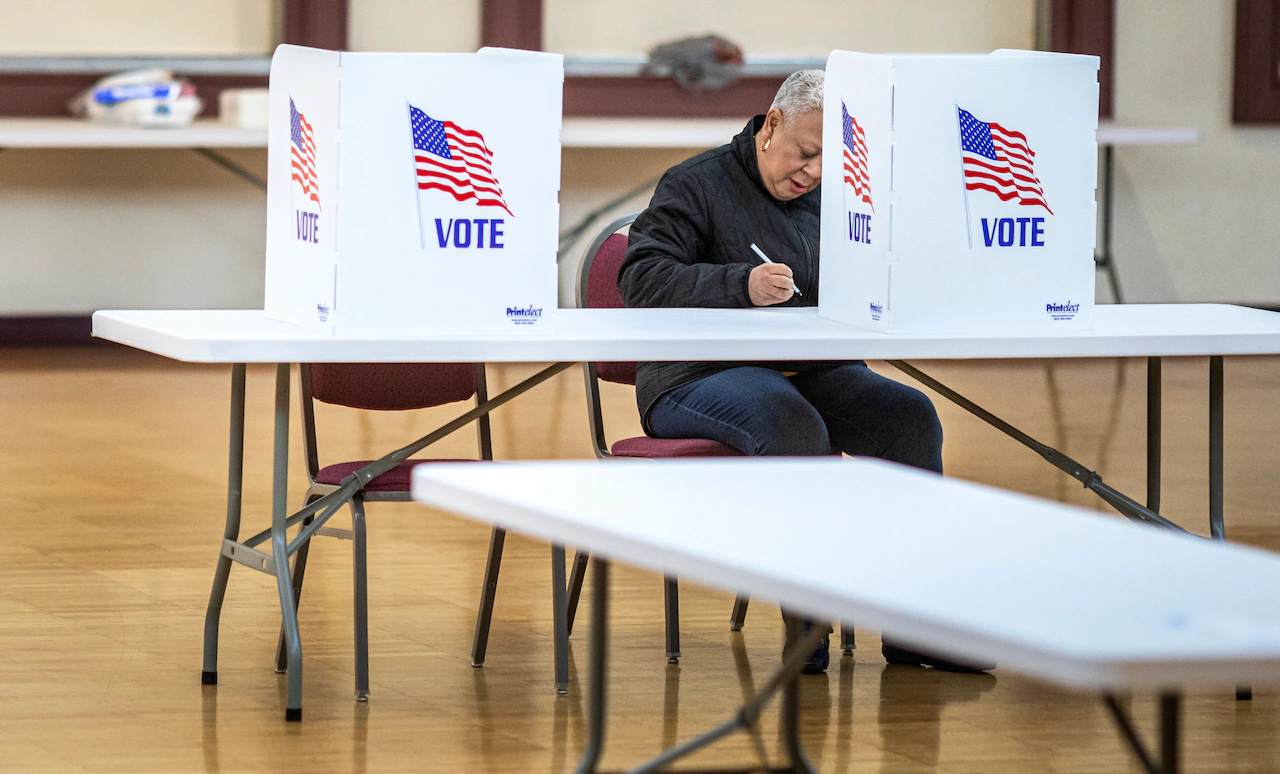Copyright independent

Reading isn’t supposed to be for show. In fact, sitting down with a book, ideally in a calm and quiet space, is one of the few activities in our hyper-online world that offers us respite away from our screens. There’s safety within a book’s pages; it’s a space where nobody is announcing their engagement with a staged photoshoot, or bragging about their #gifted holiday to the Maldives. This is a time for creativity, solitude, and peace. Or at least, there was. Now, it seems that books are offering us something a little more filtered; Valencia-filtered, to be specific. Welcome to performative reading – a way of consuming books that is less about words than it is suddenly all about aesthetics. Authors are thrilled. The idea is to pick up a book that you want to be seen reading as a way of signalling your intellect to the world by way of the latest Fitzcarraldo Edition or a beaten-down Penguin Classics paperback. The trend has been heavily attributed to men – see the viral @hotdudesreading Instagram account – but it seems that lots of us are getting in on the act – or performance – or at the very least, trying to track down the chicest-looking books around. Mostly, this means sourcing them second-hand. According to Vinted, second-hand book sales are at an all-time high, with the pre-loved book market reaching £1.06bn in 2024. The retail platform has noted how fantasy franchises and collector editions are particularly popular, with some collectors selling Penguin Orange Editions from the 1940s and 1950s. Of course, not all of these are being bought for showing-off purposes. Some people really just want to save money or read in a more sustainable way. “Most people know and love Vinted for second-hand shopping, but not enough people know how brilliant it is for books,” says Pandora Sykes, who has just been appointed Vinted’s first UK Books Curator in light of the booming second-hand reading sector. “I love buying second-hand books – they're up to 90 per cent cheaper, and you can find fun, old covers at a time when books are getting more expensive and people are reading less than ever before.” And where you are reading them matters too. In fact, it has become a whole performance in itself. This summer was declared a lit girl summer, with Elle decreeing the new must-have-it bag being a tote that holds a book and little else. The embroidered totes came from Seen Library – a group of bibliophiles that “connects and converses” through books via in-person gatherings, pop-ups and a highly curated and aesthetically pleasing Instagram feed. Interior-design trend spotters also note that “cosy nooks” and “reading nooks” are among the key upcoming features for homes, with the Guild of Property Professionals noting that “window seats with oversized cushions, alcoves transformed into reading retreats” are in high demand. The kitchen aisle, maybe? It’s all an interesting shift for the publishing industry, one that will undoubtedly have an impact on book sales. While the rich girl reading boom should be good news, if reading a brand new shiny hardback just doesn’t have the same cultural cachet as reading an old copy of The Great Gatsby, publishers may need to shift their thinking on how they can capitalise on the cool-hunters sourcing books from pre-loved providers as opposed to bookshops. And while it might be primarily about saving the planet as well as our purse strings, it’s hard not to be at least a little sceptical and think that what’s drawing some people to secondhand books has more to do with how they look above all else. For whatever reason, the latter projects an image of someone who is hyper-intellectual; look how many times they’ve read that book! They must be so clever! Even more so if the book happens to be one of the aforementioned Fitzcarraldos and has been translated from another language: Look how niche this person’s interests are! They must be so subversive! Well-intentioned or not, the internet has been having plenty of fun with the idea of performative reading, mostly because it seems to have been attributed to a very specific type of man. The sensitive, soft, solipsistic kind who loves Greta Gerwig and quotes Sylvia Plath. This man is a mirage, one that has become synonymous with f***boy behaviour; casual cruelty hides behind their finely crafted feminist image. It’s something many women seem to have clung to. Hence, why on Halloween, the “performative male” proved a popular costume, with women dressing up as the now-viral meme, complete with wired headphones, Daunt Books tote bags, film cameras, and other tools to signal one’s highly aestheticised feminist values. Of course, a crucial tenet of the costume was also the battered paperback: The Bell Jar, bell hooks’ All About Love, anything by Sally Rooney. You get the idea. All this is perhaps a natural byproduct of a society that tells us to share – and subsequently curate – so much of our lives. Thanks to social media, we’re all behaving like the stars of our own reality shows. It has affected every part of our lives, from where we hang out to what we eat. We post about it all, and choose where to go and what we do accordingly. So it was only a matter of time until all this trickled into what we’re reading, too. But in what some are calling a “post-literate” society, I am taking this as a win. The fact that more people are reading – performatively or not – hopefully is a good thing. Staring at a page instead of a screen will not only benefit our eyesight but also our online-addled minds. In a culture where students can’t finish books, AI slop is melting our brains, and the number of people who read for pleasure has fallen by 40 per cent, it seems to be a net positive that books are trending again.



